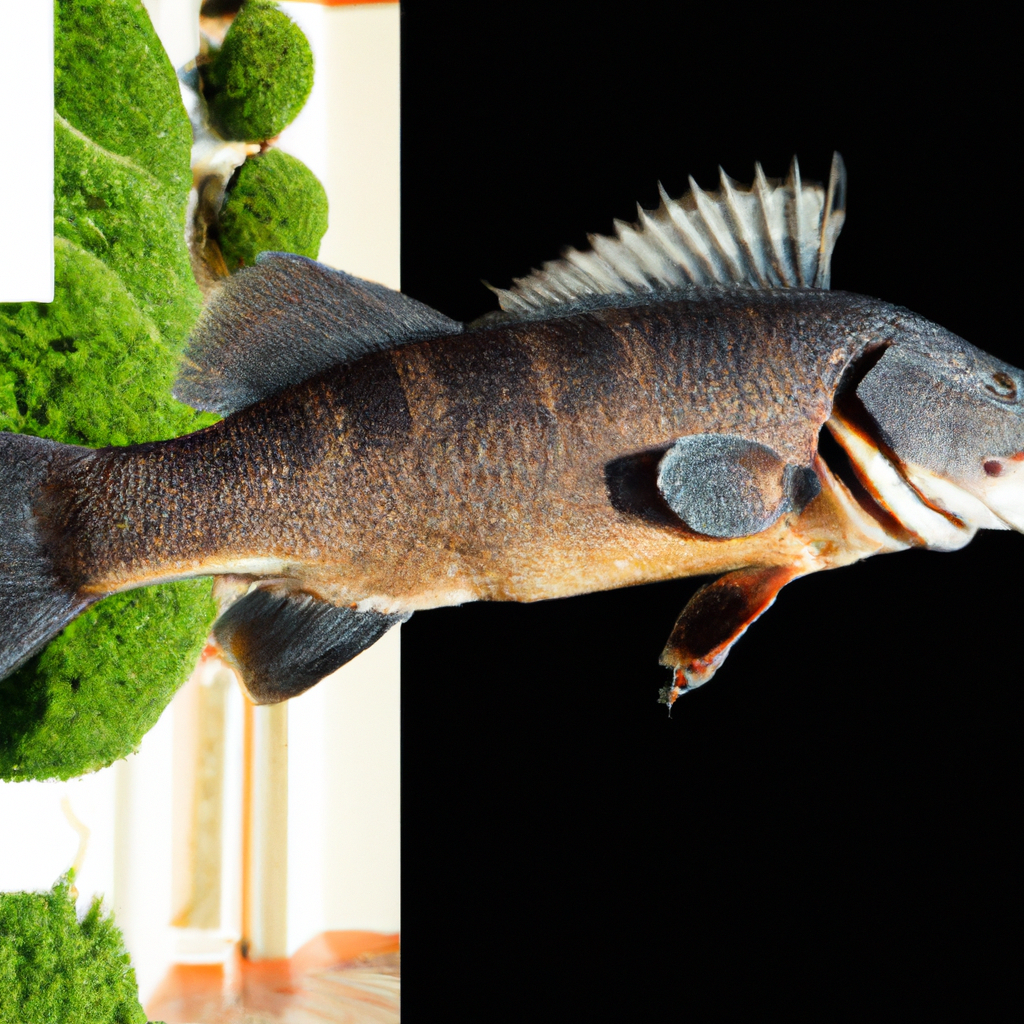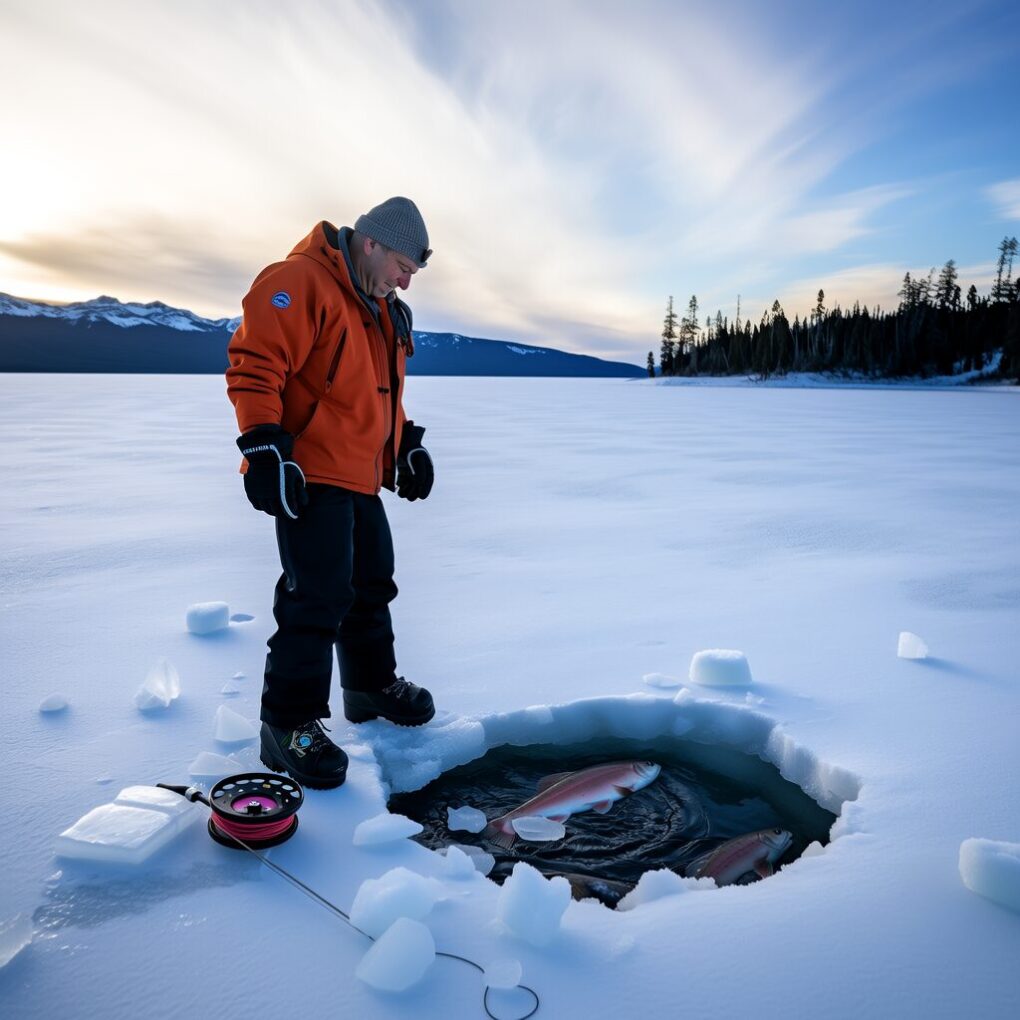Are you interested to learn more about black seabass? This stunning fish is a prized catch by anglers and a popular choice for chefs. Black sea bass is a versatile seafood ingredient thanks to its delicate flavor and firm texture. This article will cover the fascinating world of black Sea Bass, from its habitat and life to its nutritional value as well as its cooking techniques.
What is Black Sea Bass?
Black sea bass (Centropristis Striata) is a species of fish that belonged to the Serranidae Family. This family includes grouper, snapper and sea bass. This species can be found in the western Atlantic Ocean from Nova Scotia to Florida and as far south as Gulf of Mexico. The distinctive stripe pattern of the black sea bass is a characteristic of its dark coloration. They can grow up 24 inches in length and weigh up 8 pounds.
Where does the Black Sea Bass live?
Black sea bass prefer to live on wrecks and rocky reefs where they can shelter from predators. They are found at depths of 20 to 180 feet where the water temperature is between 50-70 degrees F. Black sea bass can migrate between inshore or offshore areas depending on the season and availability of food.
What do Black Sea Bass eat?
Black sea bass are opportunistic predators that feed on a variety of prey including crabs, shrimps, squid and small fish. They also eat mollusks like clams and mussels by crushing their shells using their powerful jaws. Black sea bass are vulnerable to overfishing due to their slow growth rate and low reproductive capacity.
Black Sea Bass Nutrition Facts
Black sea bass is rich in protein, omega-3 fat acids, vitamins, minerals, and other nutrients. A 100g serving of black sea bass cooked contains 110 calories, 22g protein, and 1g fat. It also contains important nutrients like vitamin B12 and selenium. Black sea bass is a healthy choice for all ages and dietary needs.
How to catch black sea bass
Black sea bass are a favorite catch for recreational fishermen in the Atlantic Ocean. You can catch them using a variety fishing techniques such as trolling, jigging and bottom fishing. Anglers use light to medium tackle with a baited line or lure that imitates the natural prey of the fish. Black sea bass have a minimum and maximum size limits, as well as a bag limit. This varies depending on the state regulations. To preserve the fish population, catch-and release fishing is encouraged in some areas.
How to Cook Black Sea Bass
Black sea bass can be prepared in many ways. To ensure a better texture, and better flavor, you must remove any skin or bones from black sea bass before cooking. For a stronger flavor, the fish can be marinated or seasoned with various spices and herbs. Black sea bass recipes that are popular include pan-seared with garlic butter, blackened tacos with sea bass tacos, or oven-roasted seabass with lemon and rosemary.
Black Sea Bass in Cuisine
Because of its mild flavor and delicate texture, black sea bass is a popular choice for chefs. It is often found in high-end restaurants where chefs use it to create innovative dishes. Black sea bass can be paired well with a variety of ingredients such as citrus fruits, herbs, or vegetables to create a balanced, flavorful dish. Sea bass ceviche, sea bass ceviche, grilled black sea bass with ratatouille and steamed seabass with ginger and soy sauce are all classic dishes that feature black sea bass as the main ingredient.
Black Sea Bass and Sustainability
Black sea bass can be a sustainable seafood option as long as it’s caught using responsible fishing techniques and management practices. The main threats to black sea bass populations include habitat degradation, overfishing, and bycatch. These can have negative impacts on the marine ecosystem. It is crucial to adhere to the regulations and guidelines established by the government and the fish industry in order for this species’ long-term conservation. We can enjoy the delicious taste of sustainably caught black seabass while helping to protect our oceans.
Conclusion
Black sea bass is a fascinating species that has many benefits, including its nutritional value and its culinary versatility. We can learn more about this species and make informed decisions when it comes time to fish and consume. Black sea bass is worth exploring, regardless of whether you are an avid angler and/or a seafood lover. It is a versatile ingredient that will be a staple in your kitchen thanks to its delicate taste and beautiful appearance.




